Emergency Plan for Pets: 5 Ways to Prepare Fur Babies for Disasters
Preparing our homes and families for natural disasters and severe weather is a well-known subject here at Everyday Cheapskate. We talk about it a lot because it’s that important. But what about the fur babies? Are your pets prepared to face and survive disaster? According to ServiceMaster Restore, 83% of pet owners live in areas impacted by natural disasters, yet less than half have an emergency plan for pets in place.
Image: RedBankVet.com
Your emergency plan should address the specific natural disasters prevalent in your region. For example, if you and your pets live in an area with heavy snowfall, you want to prepare for potential avalanches, power outages—even being snowbound for multiple days. Residents of the Great Plains should plan for tornadoes, blizzards, floods, and severe storms. If you live in an area susceptible to wildfires or mudslides, make sure to include provisions accordingly. In extreme cases, it is vital to factor in the estimated time it may take for emergency services to arrive, which can range from a couple of days to several weeks.
Obviously, it’s not feasible to anticipate every potential disaster, but having a solid yet adaptable plan like this plan from in place before an event can make handling a crisis much smoother and less stressful. Many thanks to ServiceMaster Restore for this simple yet comprehensive plan to guide pet owners.
Microchip your pet
A microchip is an easy, affordable way to keep your pet’s identification on him or her at all times. After your pet is microchipped, update your phone number, address, and other chip information.
Always keep a collar and ID tag on
If you get separated from your animals, a collar or harness with appropriate ID tags can help reunite you from a gloomy situation.
Identify pet-friendly shelters
Before disaster strikes, it’s critical to seek proper shelter and find possible escape routes that can get you, your family, and pets there safely. During emergencies, many shelters cannot accept pets for public health reasons so research your area to determine boarding shelters, animal shelters or pet-friendly hotels that can take your pets while the storm passes.
Create an emergency kit for your pet
When creating a reliable emergency plan for pets, it’s essential that you have the proper supplies to stay safe if you have to leave home. Make one for each furry member of the family. A pet emergency preparedness kit or “Go Bag” should include at least the following items:
✅ Food and water to last a minimum of three days
✅ Food and water bowls
✅ Disposable garbage bags for clean-up
✅ Pet first aid kit
✅ Extra collars or harnesses, leashes, and ID tags
✅ Pet carriers
✅ Photos of your pet for identification
✅ Copies of vaccination records stored in a waterproof container
✅ Any medications needed
✅ Toys and other pet favorites for stress relief
✅ Litter supplies for cats
Get a Rescue Alert Sticker
Rescue Alert Stickers alert rescue workers that animals may be stuck inside. Stickers and are available from the ASPCA to should be affixed to your front door. Include information such as the types and number of animals and your contact information, then place it out front before an approaching storm. If your pets are safe, you can simply write “EVACUATED” across the sticker for rescuers.
Remember that if it’s not safe for you to stay home, it’s not safe for your pets, either. Pets left to fare for themselves can easily be injured, lost, or worse. The solution is an emergency plan for pets.
The foregoing is neither a paid advertisement nor a sponsored post. EC is pleased to recommend ServiceMaster Restore because of its position and reputation as a global leader in natural disaster response and restoration services for residential and commercial clients. ServiceMaster Restore is committed to helping our communities rebuild after a disaster, helping businesses get back to work, and helping our neighbors restore their homes to pre-loss conditions.

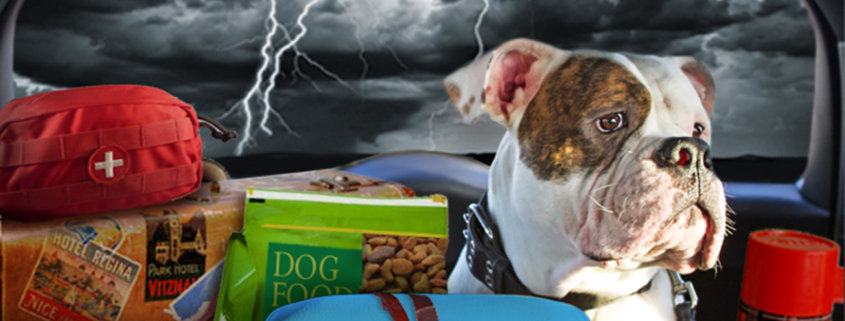
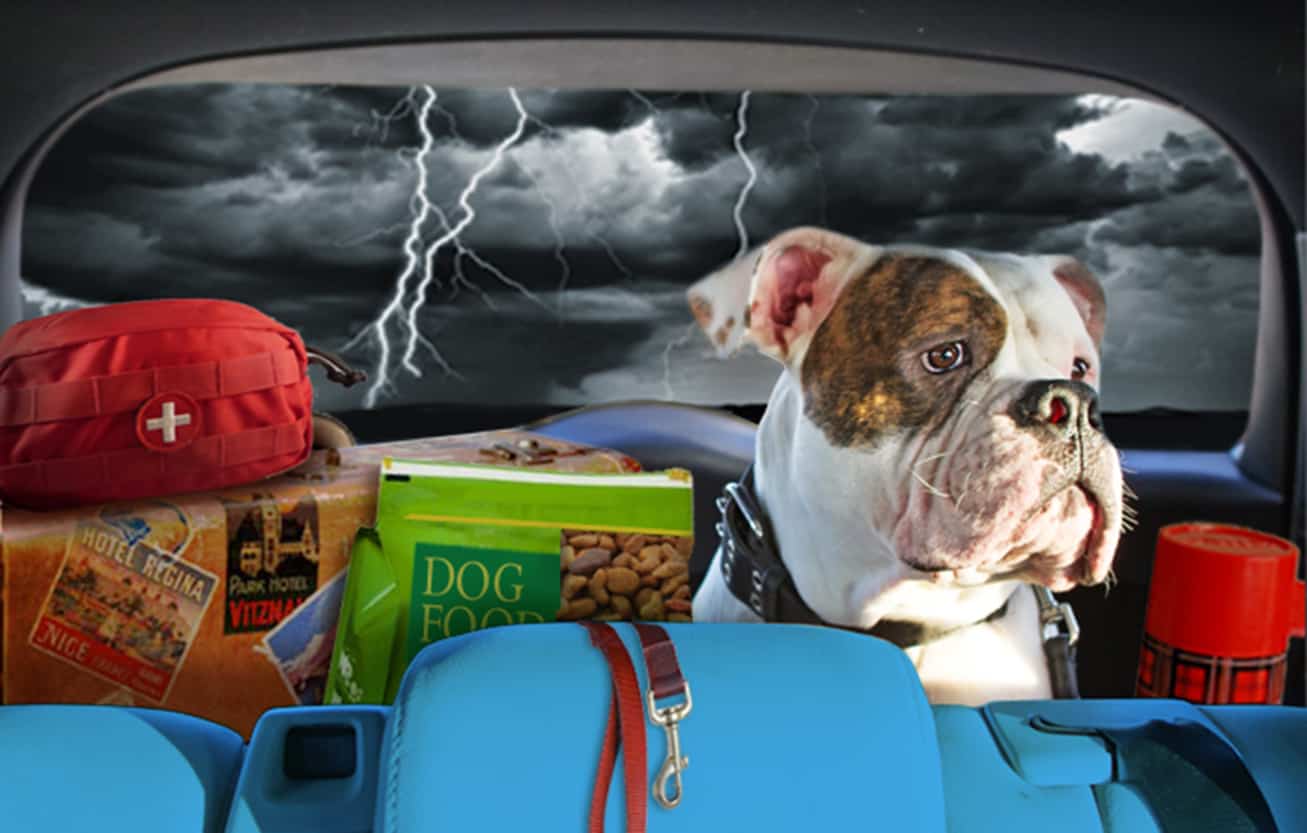

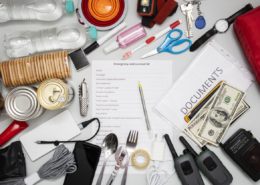


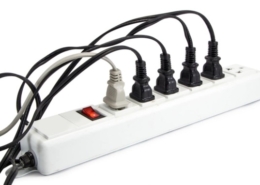

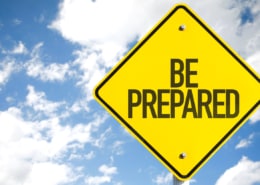

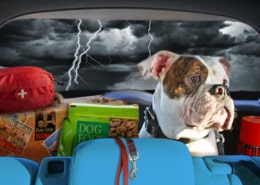



Great points made here again! So very important not to forget to take care of your fur babies, too! They depend on us. And so many people forget about their pets when preparing for emergencies and they don’t need to do that. As a long time pet owner and retired US Coast Guard Rescue Swimmer, being prepared is a way of life. Just as you would do for yourself, and your family buy a little extra food, water, cat litter, whatever your pets needs are and store them just as you would store items for yourself. Other things to do aside from emergency shelters check for pet friendly hotels in areas away from your home in case you can’t get into a shelter with your pets. Take photos of your pets with you not just them alone to prove identification. Photocopy and store elsewhere vaccination records, prescriptions, etc. you pets need, just in case. Whatever you do, please do not leave you pet behind. They are unable to fend for themselves.
Great information…I’ll be contacting our vet later about their thoughts. And I know you cannot necessarily address every species of pet people have, but it’s difficult to find good solid information for those of us with pet bird, guinea pigs, hamsters, lizards, rats and mice, snakes and fish. Have YOU any recommendations for these critters? Or farm animals? Thanks!